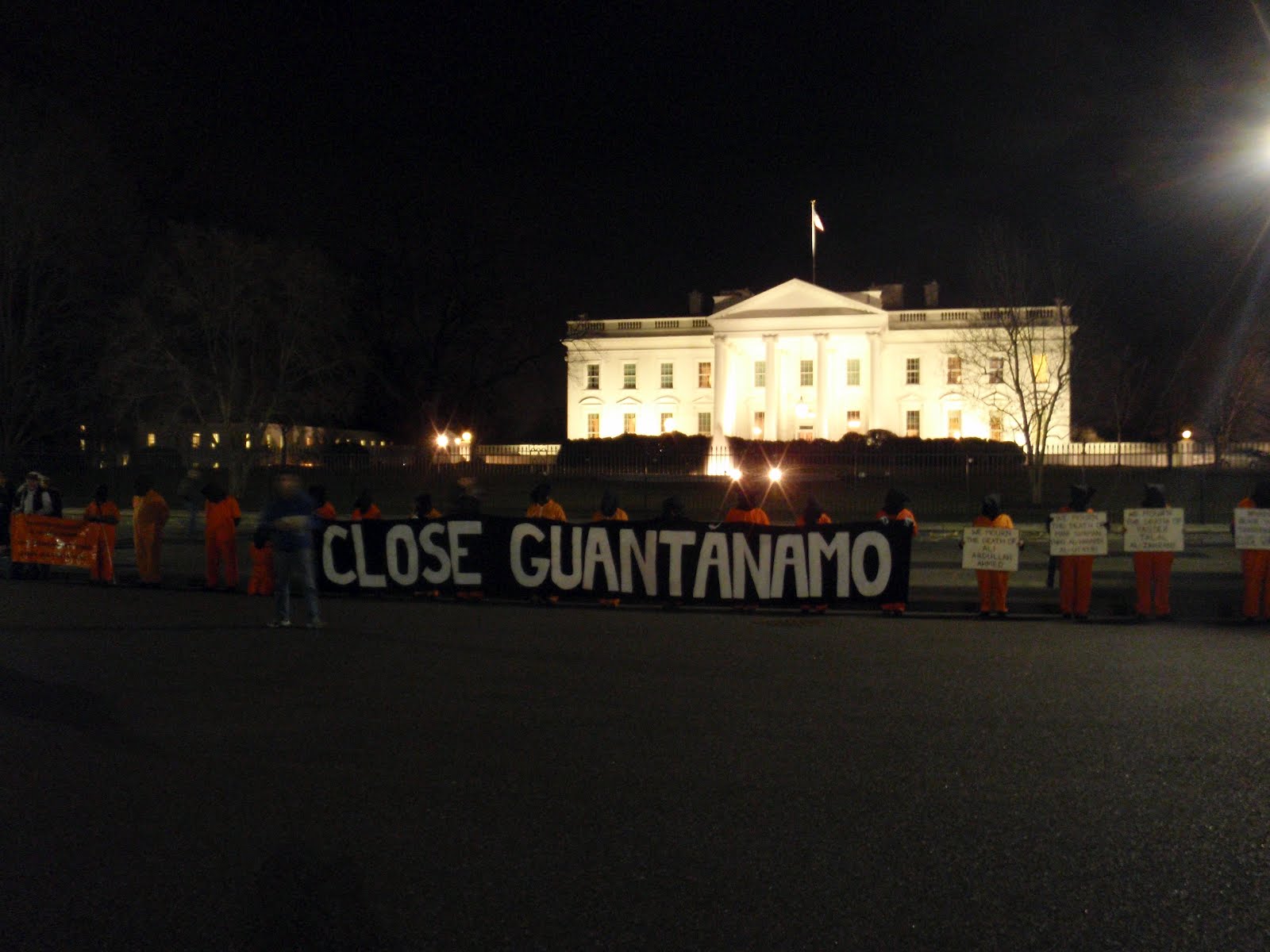For centuries America has used Guántanamo as an uncharted land to execute procedures that would otherwise be illegal in the states. Exploitation of Cuba’s location and resources is not a new idea. In the 1860’s American farmers relocated to Cuba around the time slavery had been abolished in hopes of making a lot of money…
Read moreGuantánamo Public Memory Project
Category: National Dialogue and Traveling Exhibit
The United States of America: International Humanitarian?
National Dialogue and Traveling Exhibit
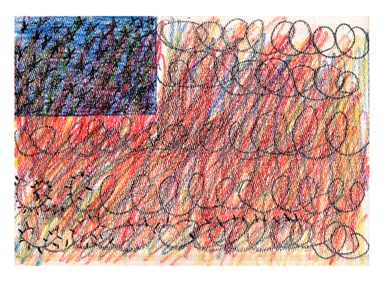
Many Americans know little about the detention camp at Guantánamo and its controversial history of indefinite detainment since the tragedy of September 11, 2001. My education on these matters over the past few months has left me horrified by the blatant abuse of human rights established by the Geneva Convention and civil rights set forth…
Read moreArizona Immigration and GITMO
National Dialogue and Traveling Exhibit

“We’re going to be involved in a project about Guantánamo.” Crickets chirped loudly in my mind as I frantically tried to extract any information I had stored on Guantánamo in my mind. “Isn’t there a prison or something there?” This was the only fact I knew about the place, besides it is located in Cuba…
Read moreSugar and the Economics of Empire
National Dialogue and Traveling Exhibit
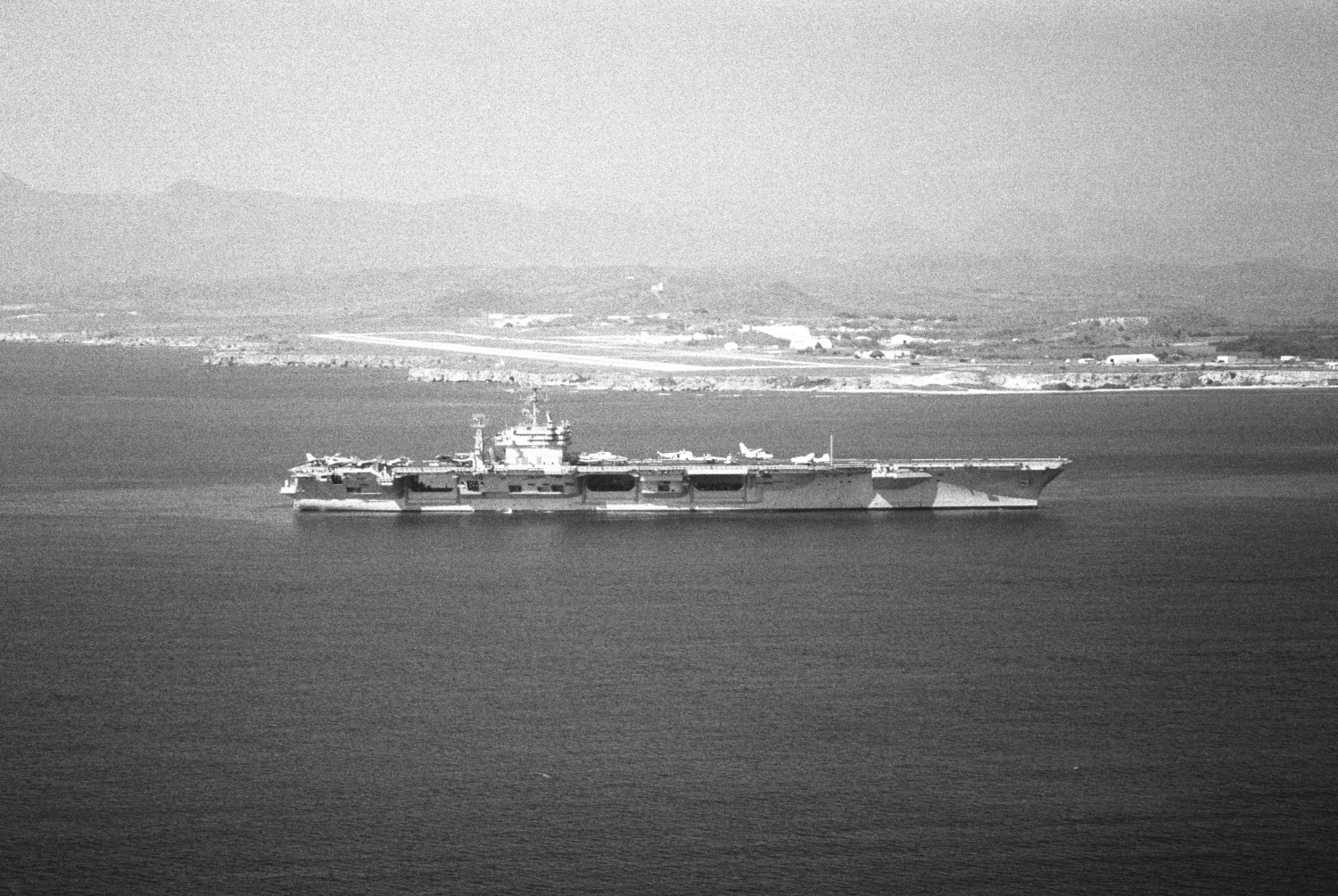
The current focus on Guantánamo as a symbol of American military power makes the relationship between the base and its surroundings mostly political. The early history of Guantánamo Bay, however, demonstrates the role of American economic power in military actions. In the early 20th century, the American move to Cuba was not solely military. The…
Read moreGovernment, Media, and the History of Guantánamo
National Dialogue and Traveling Exhibit
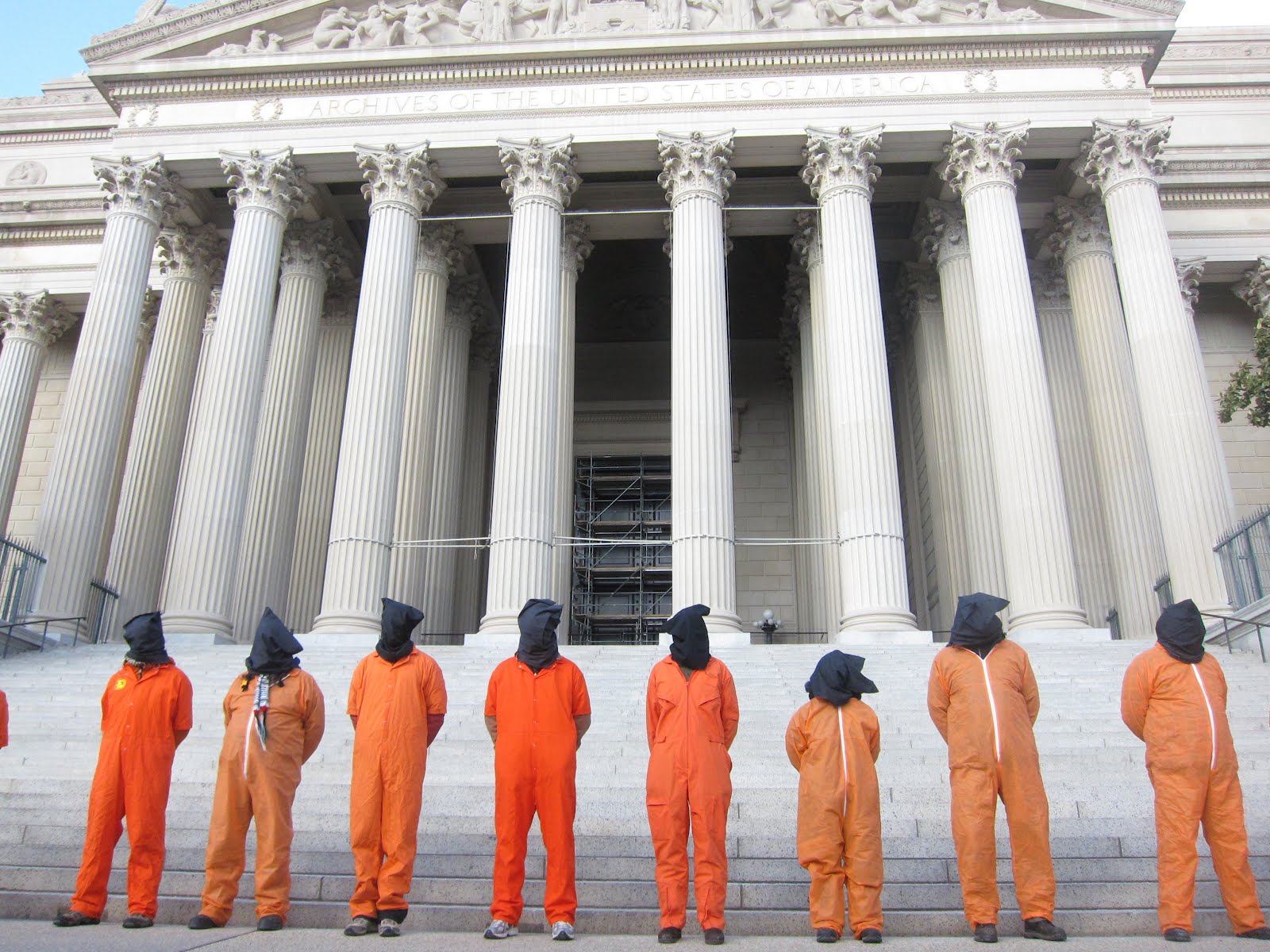
While browsing through the Guantánamo Public Memory Project’s archives, I came across a video of Frida Berrigan’s speech in Lafayette Park at the “Ten Years Too Many” Rally. The focus, of course, was about the detainee camp in Guantánamo Bay. As Berrigan discussed the “10 years of shame” that took place at GTMO, a number…
Read moreKnowing the Past to Decide the Future
National Dialogue and Traveling Exhibit

I have found this examination of the history of Guantánamo Bay fascinating. I have studied a fair amount of history throughout high school and college, but I have never studied anything surrounding Guantánamo Bay. I feel that everyone should know at least some history of Guantánamo along with why we still are able to remain…
Read moreSilencing the Base
National Dialogue and Traveling Exhibit

The most intriguing aspect of Guantánamo Bay’s history is the powerful silencing that post 9/11 circumstances have imposed on the base. Recent events of the past ten years have overshadowed the previous one hundred. Yet, there is a mountain of widely available literature on the history of Guantánamo, from books to articles to an account…
Read moreWhat is in a Name?
National Dialogue and Traveling Exhibit
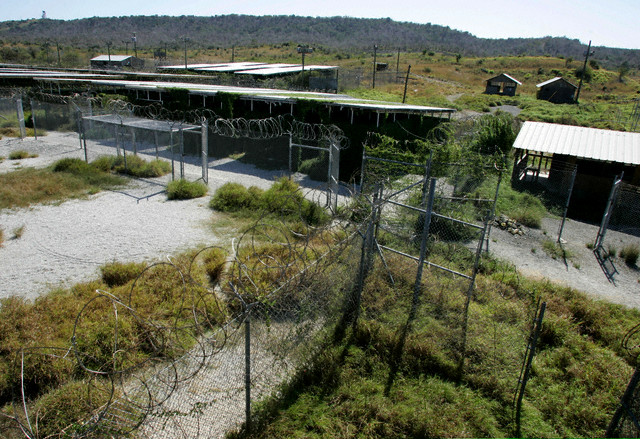
The language of post 9-11 Guantánamo is intrinsically messy. Terminology is designed to be complicated, interwoven with the realities of legality and circumstances. This couldn’t be truer when referring to the group of 300 men, detained at Camp X-Ray between January to March 2002. Camp X-Ray was originally built in 1994 as a detention facility…
Read moreUsing U.S. Domestic Policy to Make Guantánamo Matter
National Dialogue and Traveling Exhibit

My first thought when approaching this project was that the Guantánamo Public Memory Project’s traveling exhibit should tell the powerful stories of detainees held at Guantánamo. However, as I have thought about it more, I concluded that would simply be white noise. These stories are not new. People have told them. The masses haven’t responded.…
Read moreSetting the Stage: Picturing the Stories of Guantánamo
National Dialogue and Traveling Exhibit

The visual topography of Guantánamo in recent public culture is minimal to nonexistent, narrowly ranging from orange jumpsuits and shackles to barbed wire and chain link to nothing at all, as the issues surrounding Guantánamo fade into the collective unconscious with every passing year. Photographer Christopher Sims takes up the subject of this singular and…
Read moreCreative: Picture Projects & Tronvig Group

